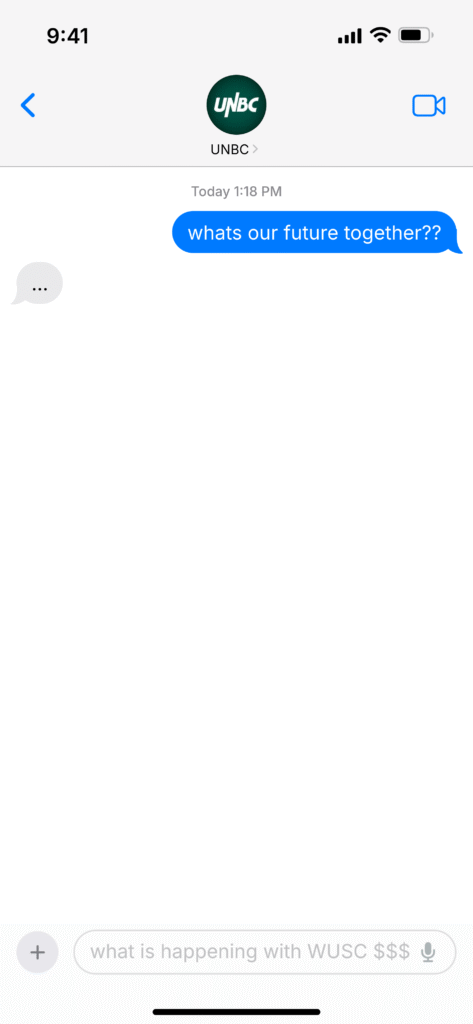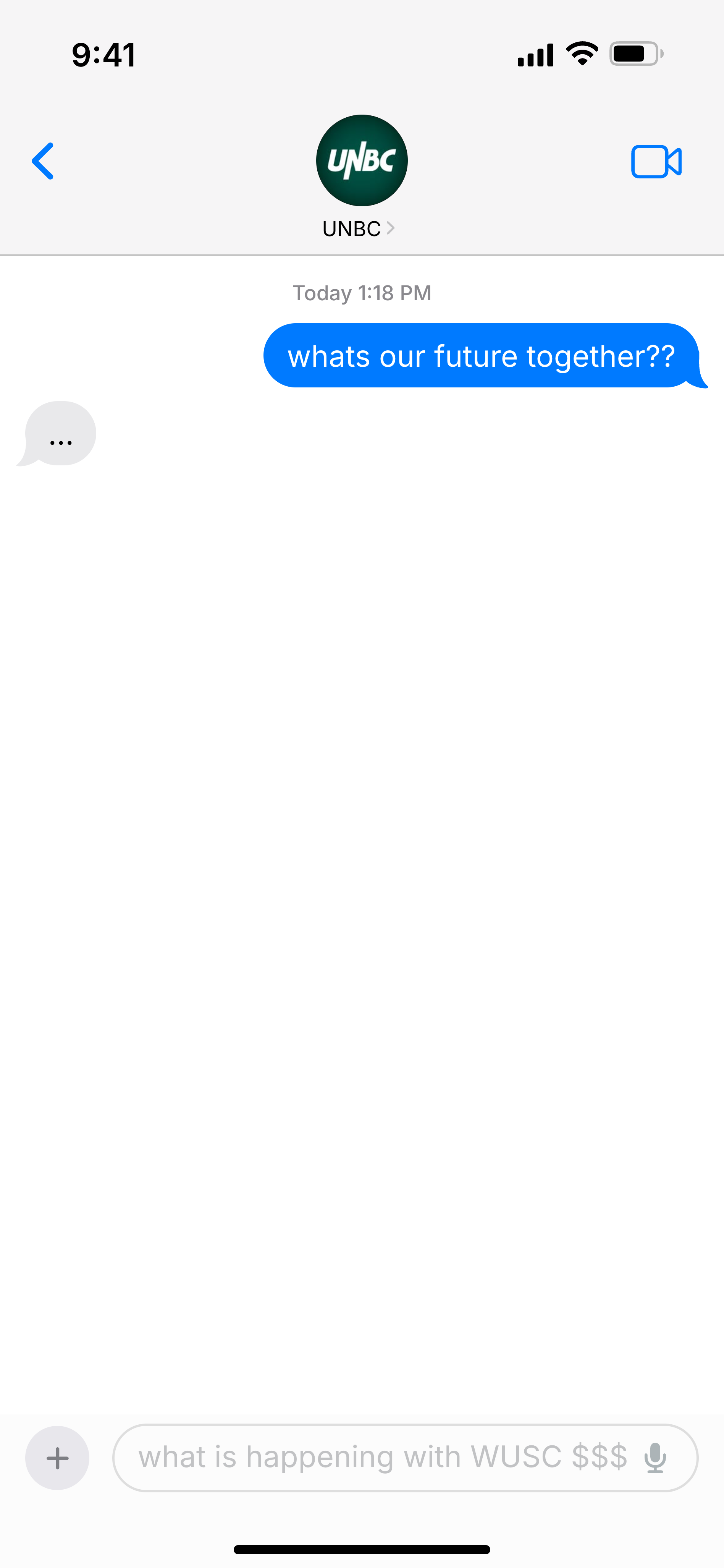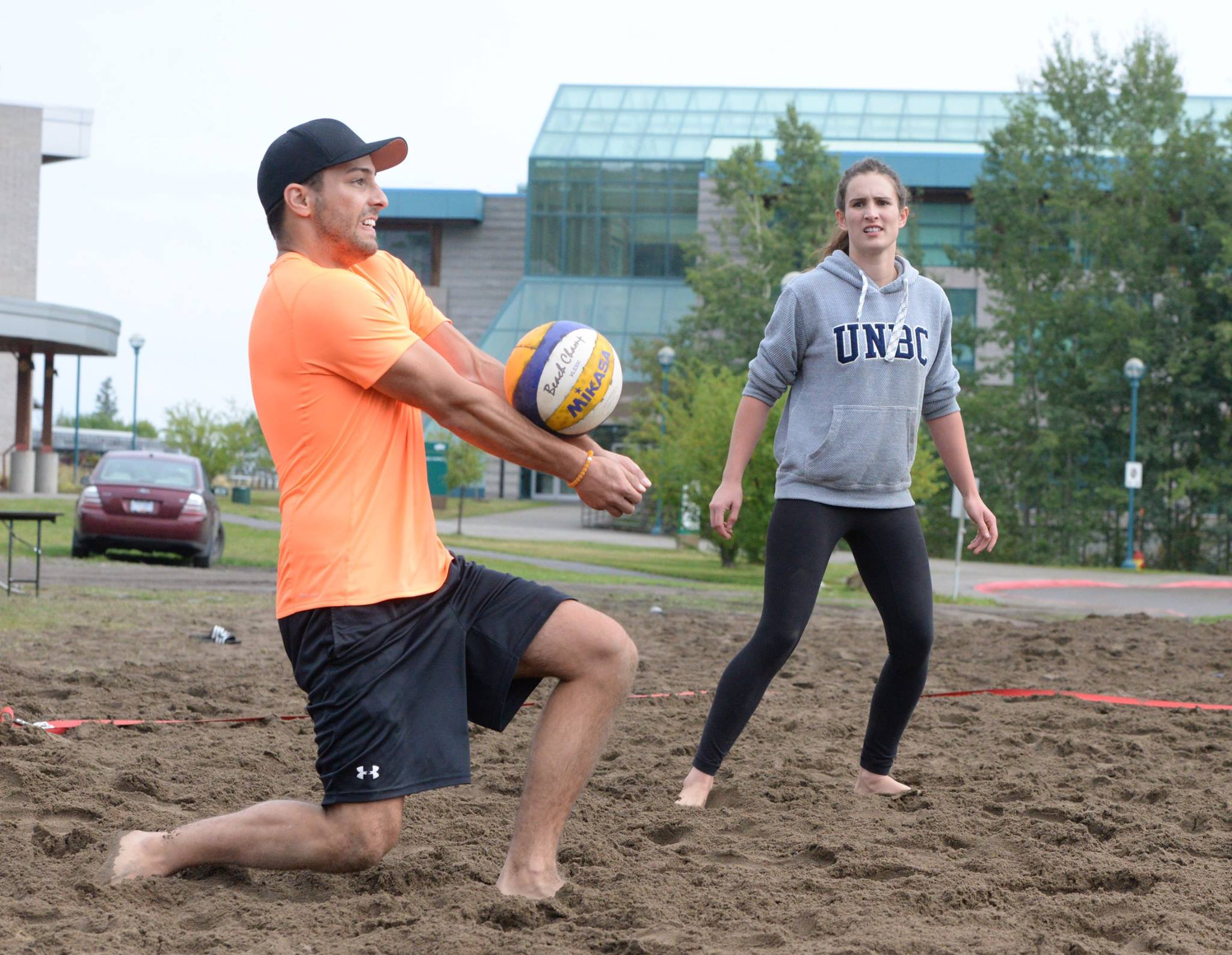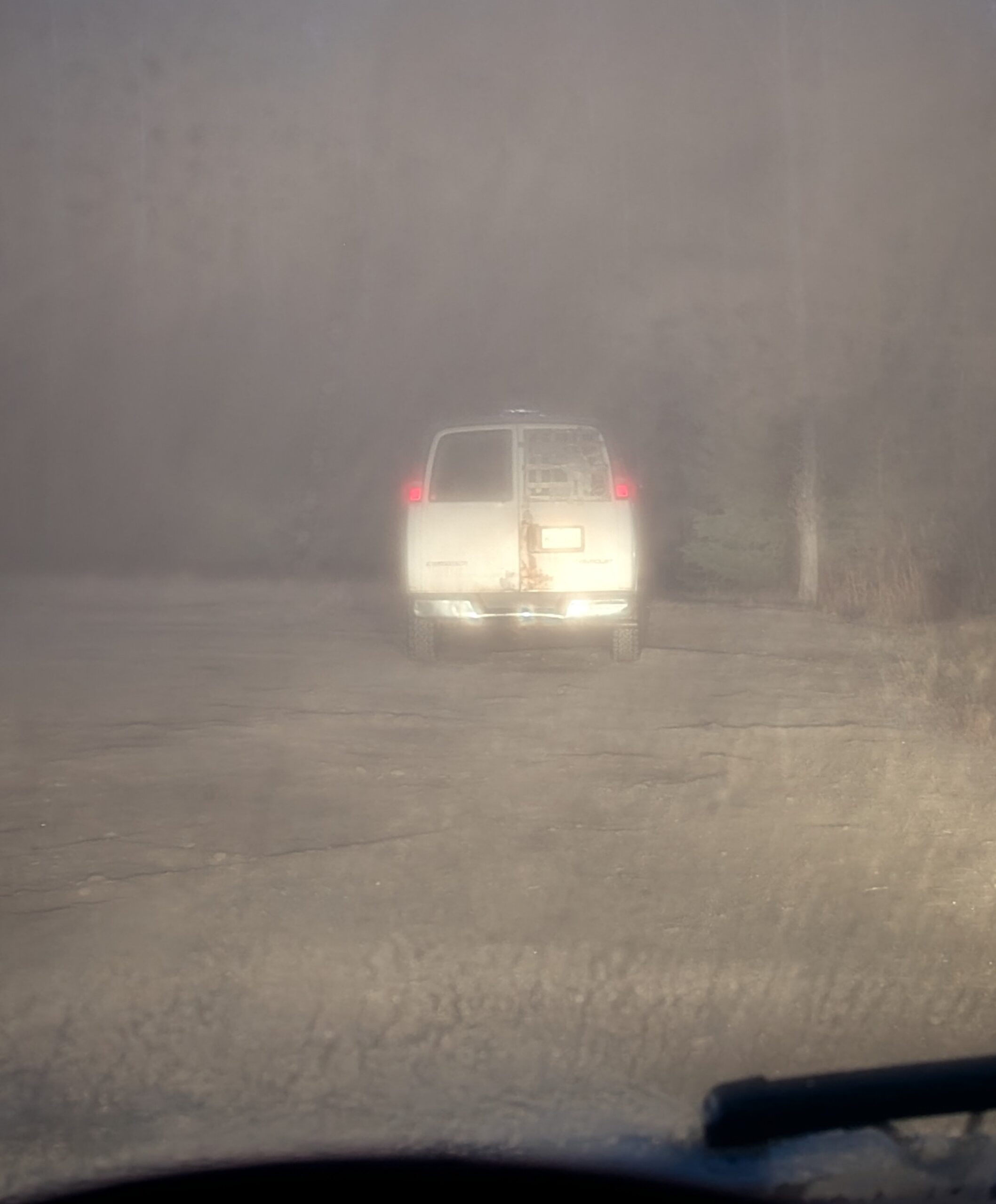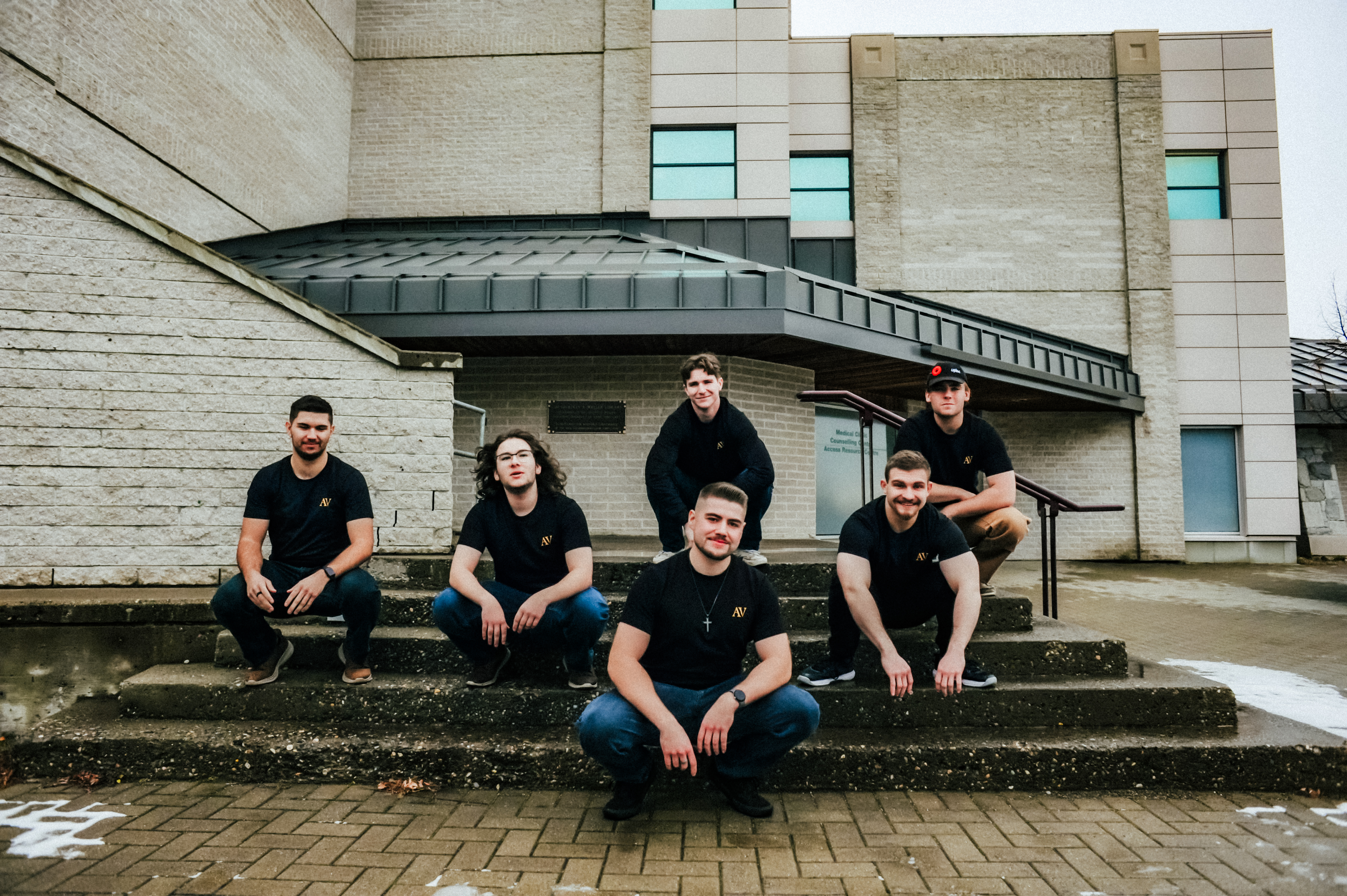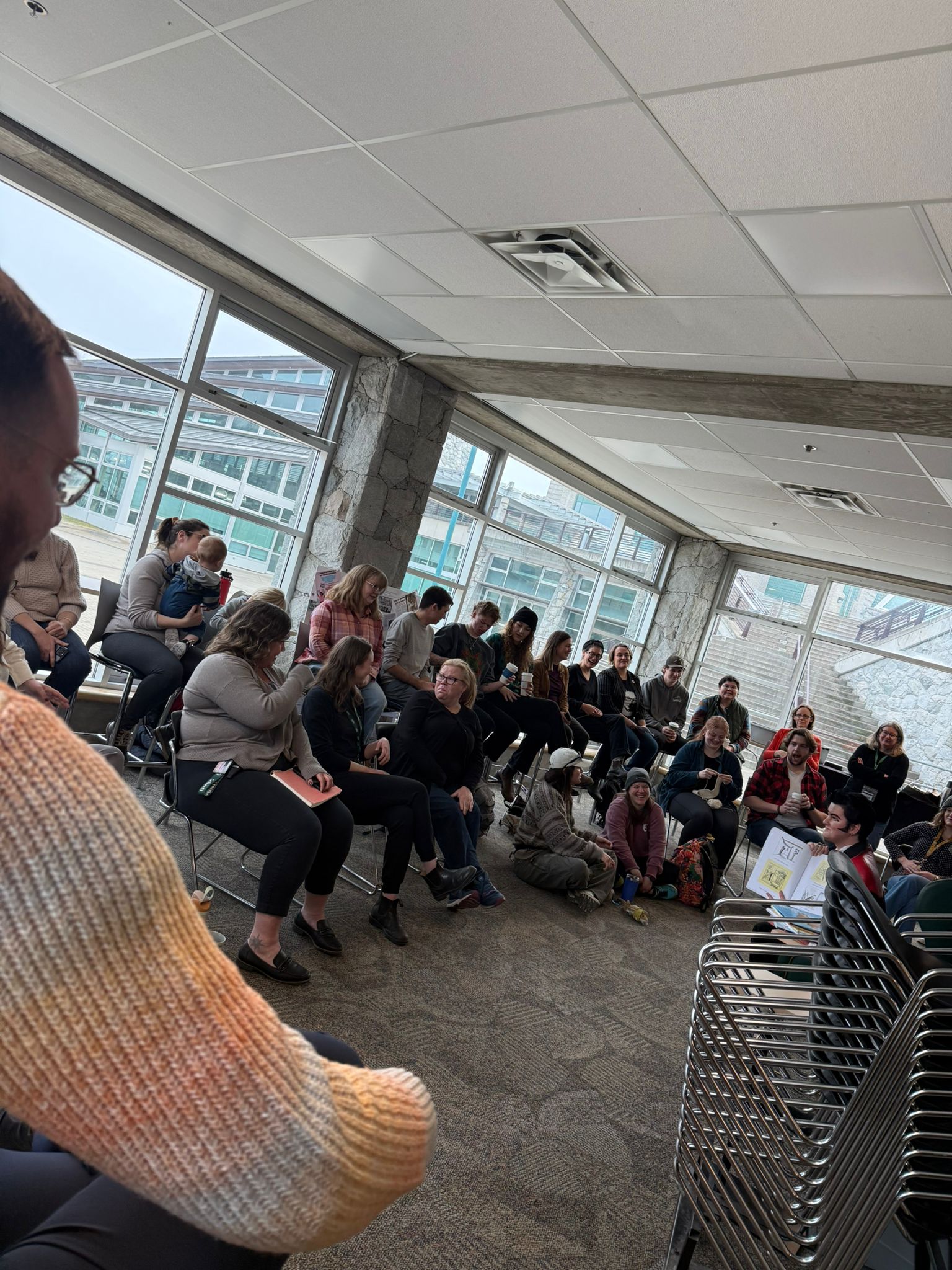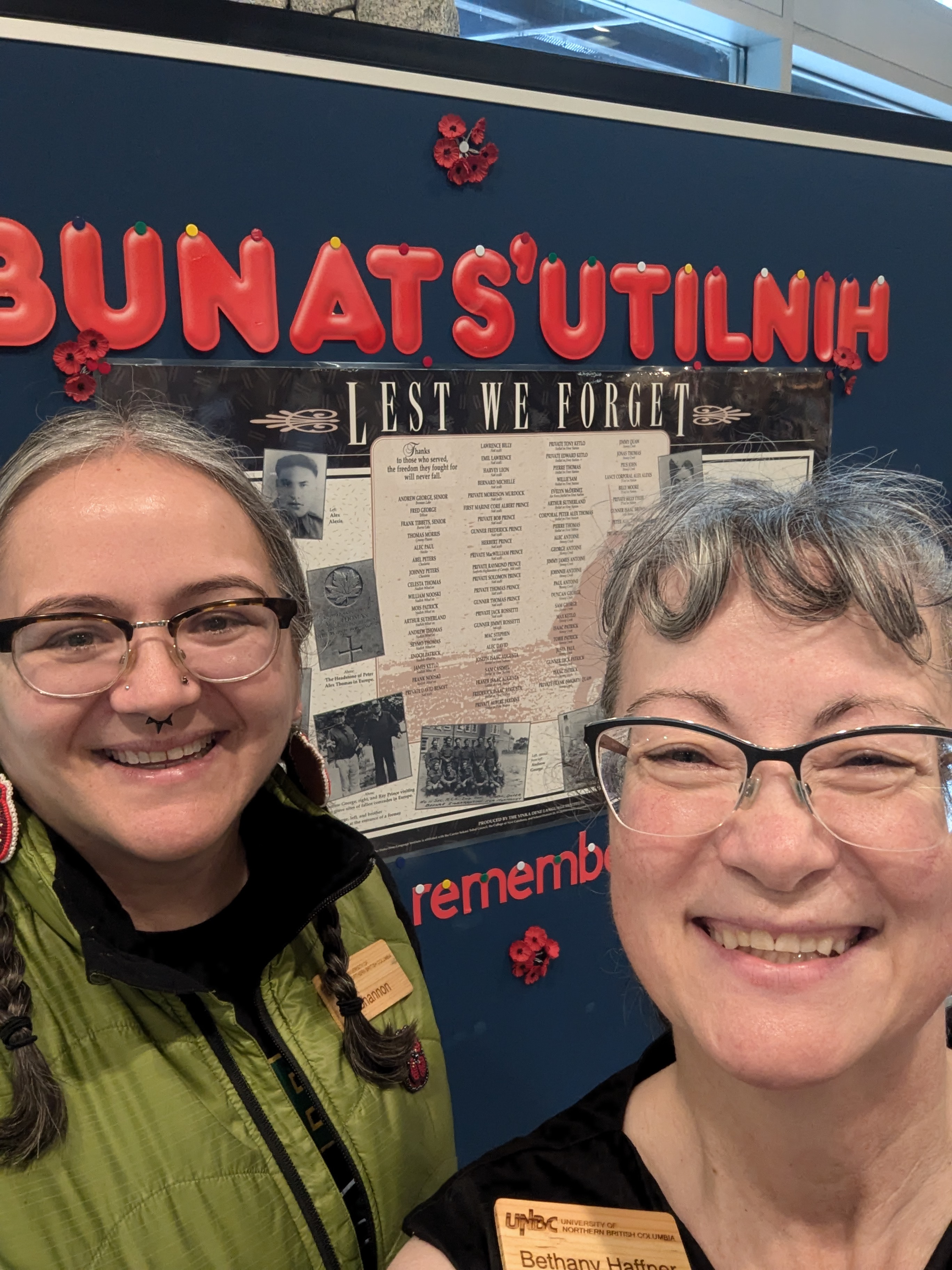I love this university. I study here, work here, and bump into the same mountains every morning on my way to class. Because I care, I have to ask an awkward question: has UNBC stalled out?
Familiar faces matter
Turnover feels high across departments. When the people who make a place feel like home keep leaving, continuity disappears with them. Stability is not just an HR metric, it is campus culture. It is the lab tech who knows which centrifuge squeaks and the advisor who remembers your first-year freak-out. Lose enough of those people and you start to lose the place.
From shiny new to showing its age
When UNBC opened, everything was fresh. My day-to-day looks different. In a first-year physics lab my computer would not boot because it was too old. In chemistry, equipment felt thin and tired. There is pride in being thrifty (use things to their full life, absolutely), but without steady reinvestment the thrift turns into drift. That is not sustainable for the future.
Where do students fit in?
I don’t see robust student input built into how decisions get made. Many of us are here to earn the degree and go, which is fair, but belonging comes from having a stake. NUGSS and NBCGSS represent us officially in Senate and other rooms. I still struggle to spot the direct link between those rooms and visible change on the ground.
Take WUSC as a concrete example. As a student paying $5 per semester, I want to know how that money is used. The committee’s mission is to advance global development and social justice on campus, things like supporting refugee students, improving access to education for women, and promoting fair-trade and other ethical practices through campaigns and events. That’s easy to support. But the last public update I can find is June 20, 2025, and I haven’t seen much visible activity on campus since. To be blunt, the club looks dead, or at least functionally dormant. That raises a basic accountability question: are we funding real initiatives or mostly administration? There’s no accessible breakdown of spending, activities, or outcomes. A short, public year-in-review, budget in/budget out, what happened, and what impact it had, would go a long way. And if the committee needs volunteers or capacity to get moving again, say so, many of us will show up. If I’m wrong about the current status, I’d love to be corrected; show us the work and we’ll cheer it on.
The plan is there. Is the follow-through?
We have a roadmap in Ready. UNBC’s Strategic Plan 2023–2028. It was pitched as a community-built plan with more than a thousand voices. Since then, leadership has changed: in June 2025, President Dr. Geoffrey Payne announced he was leaving UNBC to become President & CEO of Michael Smith Health Research BC, and on Oct. 4, 2025, Dr. William (Bill) Owen began as Interim President and Vice-Chancellor.
That shift raises a fair question about ownership and continuity. Dr. Payne publicly framed the strategy as our plan, rooted in the communities UNBC serves. With him gone, who is visibly accountable for each commitment now? Plans survive leadership changes only if the community keeps asking for line-by-line progress. Where are we on the promises around student experience, research support, regional presence, and the basics, labs, classrooms, and IT? A simple public scorecard (owner, next milestone, budget, risks, and “what changed this quarter”) would make it clear this isn’t one leader’s plan; it’s the university’s plan moving forward.
What we owe the founders
UNBC exists because northern communities pushed for it. In 1988, a grassroots campaign delivered a petition signed by 16,000 people who each paid five dollars for the privilege, plus support letters from every local government and board across the North, an Angus Reid poll showing 94% in favour, and a feasibility report from Urban Dahllöf. That is a serious promise made by regular people. We owe it to them to keep asking where this institution is headed and whether it is still serving the North with the ambition they imagined.
So…plateau or launchpad?
Maybe we are at a plateau. Maybe we are at the edge of the next climb. The difference will be whether we choose maintenance over momentum. Maintenance fixes the broken PC and replaces a couple of beakers. Momentum builds a cycle of investment, retention, and student voice that compounds year after year.
I graduated from UNBC and carry it on my resume. I want it to thrive long after I am gone. No one person has all the answers, but if we keep the conversation specific (and a little playful, because we are students), we can nudge this place from plateau to peak.
